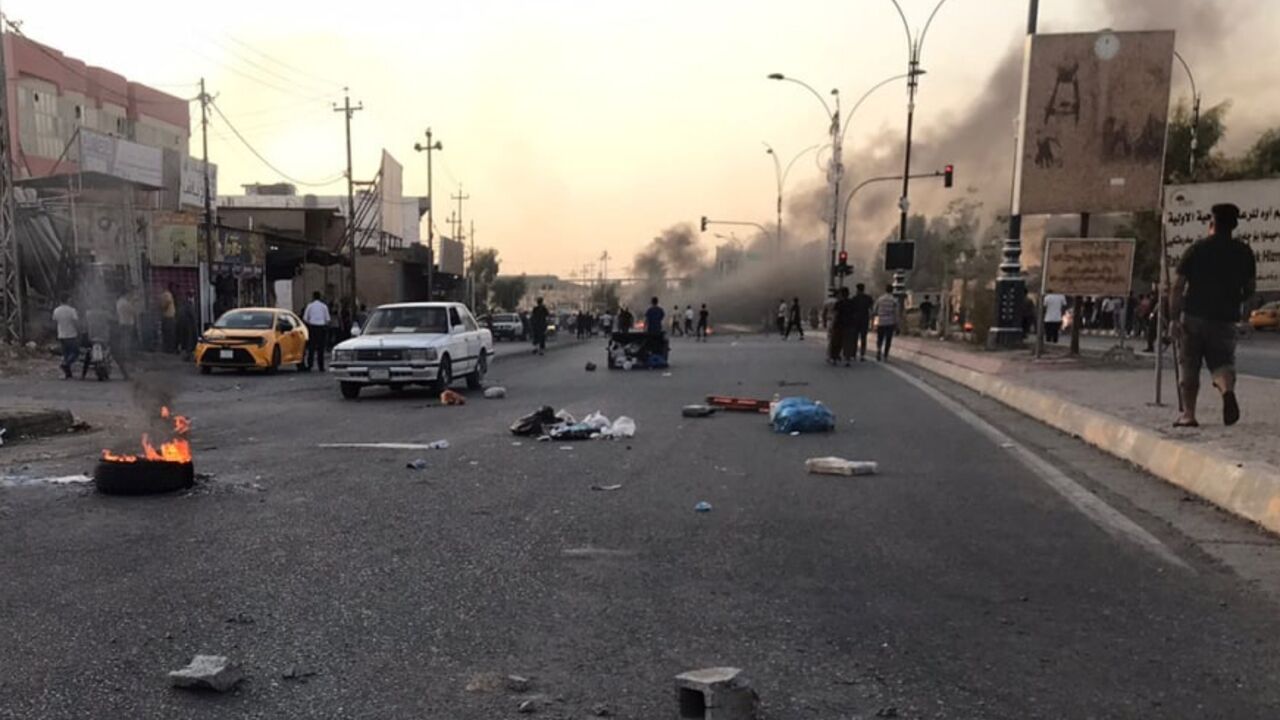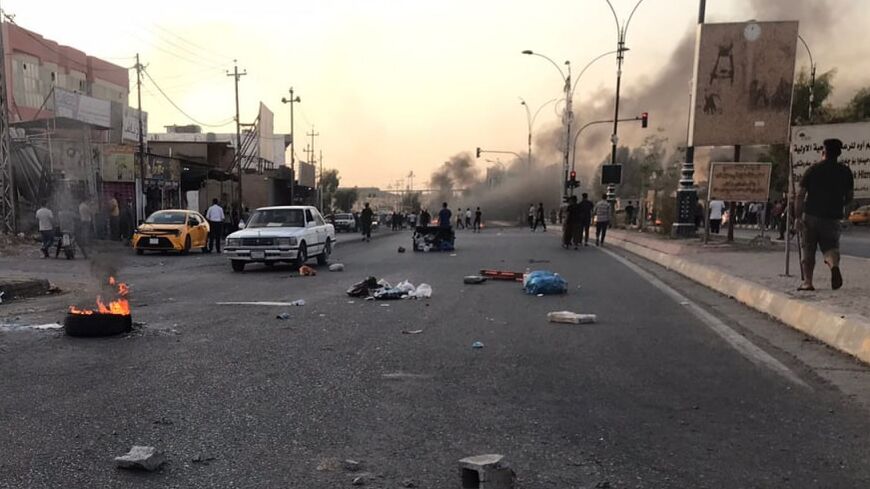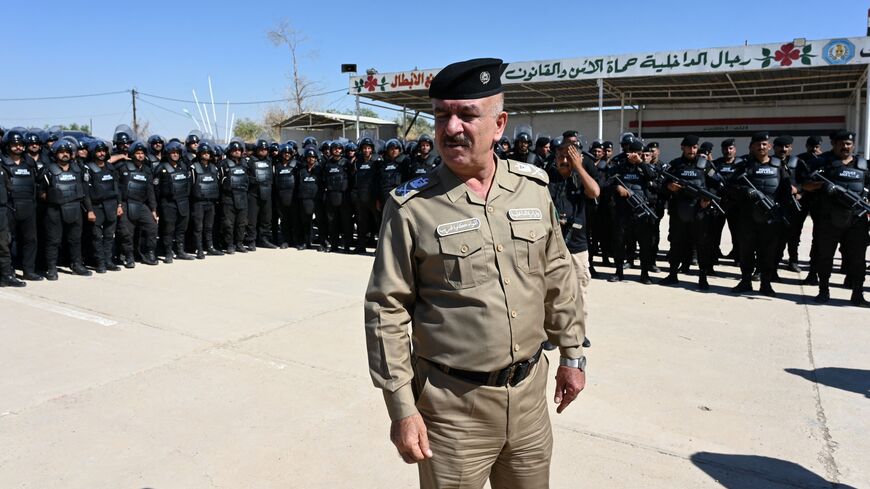Curfew lifted after deadly unrest in Iraq city

A curfew was lifted in the multi-ethnic Iraqi city of Kirkuk on Sunday after protests turned violent and led to the deaths of four people.
Prime Minister Mohammed Shia al-Sudani imposed the curfew on Saturday evening after rival protests -- between Kurdish residents on one side and Turkmen and Arabs on the other -- descended into deadly unrest despite a security presence.
Tensions had been brewing for nearly a week in Kirkuk, a northern city which has historically been disputed between the federal government in Baghdad and authorities in the autonomous Kurdistan region of the north.
The curfew "has been lifted," General Kawa Gharib, the police chief in Kirkuk, told AFP. "The situation is now stable throughout the city."
Sudani called for a commission of inquiry into the incident.
Four Kurds were killed and 15 people wounded during Saturday's violence, according to the latest toll issued Sunday by Amer Shuani, the local police spokesman.
At least three of the four victims were shot dead, health officials said, but it was unclear who was responsible.
Security forces had been deployed as a buffer to keep the rival groups apart, and an AFP correspondent said they had to fire warning shots to disperse the Kurds.
Arab and Turkmen demonstrators had staged a sit-in near the headquarters of the Iraqi security forces in Kirkuk province on August 28, after media reports that Sudani had ordered the site to be handed over to the Kurdistan Democratic Party (KDP), which used to occupy it.
In response, Kurdish protesters tried to reach the headquarters on Saturday, and the situation degenerated.
On Sunday morning General Jabbar Naeema al-Taee, Kirkuk's top security official, told AFP that the building at the centre of the tensions was "under the control of the army" of Iraq and the sit-in was over.
In 2014, the KDP and the peshmerga, the security forces of the Kurdistan region, took control of Kirkuk, an oil-producing region of northern Iraq.
However, federal troops expelled them in autumn 2017 after tensions over a referendum on Kurdish independence.






